All you March Madness fans with your hopeful bracket sheets in hand – go ahead and strategize and crunch all those complicated data sets.
Yes, your bracket likely will fall apart after the first round of games, and that little something you wagered will go with it and you’ll take a bit a grief from friends in the process, say Chapman University faculty who know something about gambling, risk behavior, analytics and the shooting averages of every guard in the NCAA Division I basketball tournament.
But here’s what those experts also know. There’s gambling and then there’s the prediction mania of March Madness. The latter for most Americans is an irresistible rite of spring, geekier than ever thanks to big data and FiveThirtyEight, but mostly just an indulgence of pocket money and probably too much time watching hoops while at work. In short, it’s fun.
Bracket tip, if you’re wagering
seriously …
Give weight to teams who’ve had tough non-conference schedules. Such non-conference strength of schedule develops “a learning curve” effect that often puts teams at their peak by tournament time, says Ken Murphy, associate professor, who along with a team of students tries to craft a perfect bracket each year.
… Or just for fun
Build brackets “with people you like, and then you don’t mind so much when you lose,” says Kurt Eggert, a professor at the Dale E. Fowler School of Law and expert on Internet gambling.
“You don’t find many gambling addicts whose life funds go into March Madness,” says Steven Schandler, Ph.D., professor, and director of the Cognitive Psychophysiology and Addiction Research Laboratories in the Crean College of Health and Behavioral Science. “It’s not like a slot machine.”
The glut of statistics and data that accompanies March Madness forecasting actually deters truly compulsive gamblers, who tend to be drawn to games of chance where the odds of winning are unclear, so they imagine better odds or overestimate luck, Schandler says.
In fact, most people know the chances of making a mint off March Madness are small and so the bracket making and friendly bets are an entertaining sidekick to the real star, which is still the tournament, says Kurt Eggert, a professor at the Dale E. Fowler School of Law, who has testified before Congress on Internet gambling. Bracketology “rides on the coattails of the sport’s popularity,” not the other way around, Eggert says.
And while there are those who’d like to see legalized sports betting expanded, Eggert doubts that trend will touch college basketball for two reasons. One, the NCAA has made its opposition clear and has powerful allies in Congress. Second, college basketball is still seen by Americans as something special.
“I think college basketball’s popularity probably is still increasing,” he says. “Football faces the whole concussion thing, and that’s a real factor to the long-term prospects of the sport. Basketball doesn’t have that problem, so I foresee it getting more popular. … It bothers Americans a lot more that college basketball could be sullied by professional gambling.”
Which might explain the explosion in March Madness wagering. Nearly 40 million people will fill out brackets and bet more than $2 billion, according to a new study from the American Gaming Association. The Vegas pros will represent a hunk of that to be sure, but the average bet per bracket will be just $29, according to the poll.
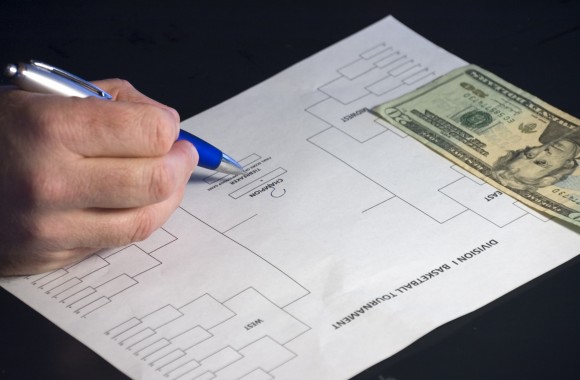
Nearly 40 million people will fill out brackets and bet more than $2 billion, according to a new study from the American Gaming Association.
Such stakes at either end of the spectrum are not what drives Ken Murphy, who has a Ph.D. in operations research and teaches business analytics in the
Argyros School of Business and Economics. Murphy doesn’t even bet on the tournament, but most years he challenges his students to craft the perfect 68-team bracket, the odds of which are calculated at 9.2 quintillion to 1. That’s a 9.2 followed by 18 zeros. They do it for the pure wonky challenge of playing with numbers.
“It’s about the science of finding the perfect model,” Murphy says.
They’ve come as close as 90 percent success some years. And in 2013 their model even predicted Florida Gulf Coast’s upset win over Georgetown, a No. 15 seed over a No. 2. While the model stuck to its big data guns, Murphy and his students didn’t. The upset seemed so unlikely, the scientists talked themselves out of it. Murphy still shakes his head over that one.
Scientists call that the “safety in numbers” reflex. Nathaniel Wilcox, Ph.D., a professor in the Economic Science Institute
who studies risk and economic behavior, says it’s often a good and logical choice. Except when it’s not.
“Predicting Florida Gulf Coast and being wrong would cost them more, in the eyes of their fellow forecasters, than to predict, say, Kansas or North Carolina State or some other perennial favorite that others would predict too. Safety in numbers,” Wilcox says. “Also, if no one else is predicting Florida Gulf Coast, you may, quite rationally, infer that you have a bad forecast in hand. A good, rational forecaster would pay attention to others’ forecasts, allowing that to weigh on them. People need to remember that in a world where uncertainty is real, people will sometimes make the best choice under the circumstances but have it turn out badly.”
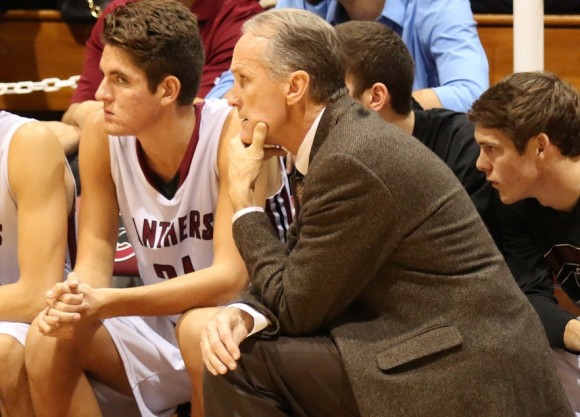
Mike Bokosky, Chapman University’s head men’s basketball coach, steers clear of brackets. “I root for the underdogs,” he says.
Of course, for many people it really is all about the basketball and the drama of sometimes seeing a mighty mite lower seed team rise up and surprise the fans. As an NCAA coach, in his case at the Division III level,
Mike Bokosky, Chapman University’s head men’s basketball coach, is forbidden from filling out a bracket, much less placing a bet on any aspect of the tournament. So he cheers for colleagues in the tournament. And he does one other thing which might give everyone filling out a bracket a reason to smile.
“I root for the underdogs,” he says.
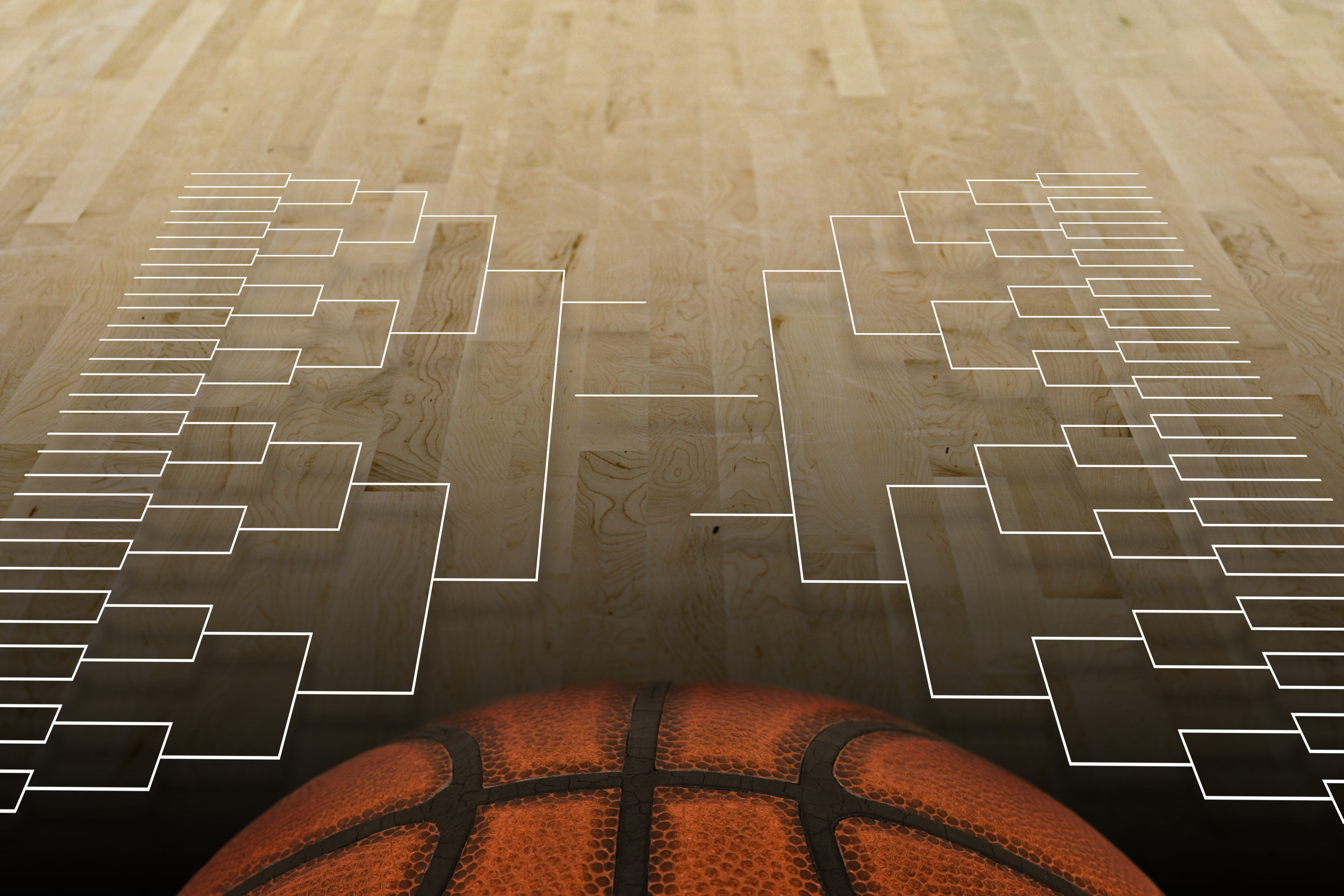
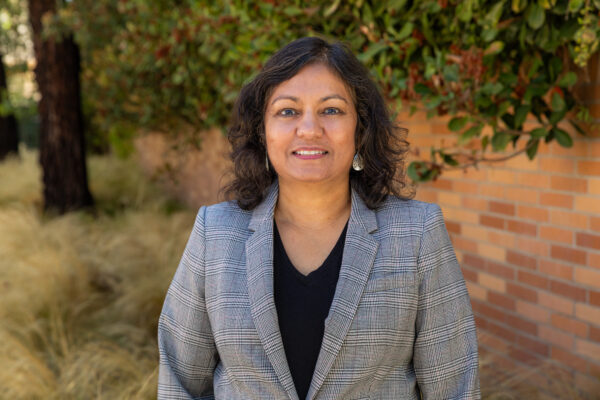
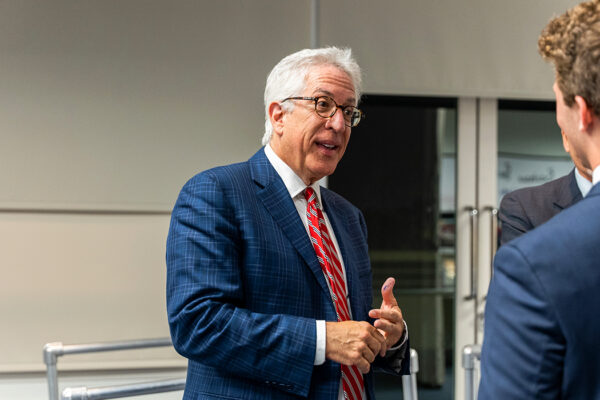


Add comment